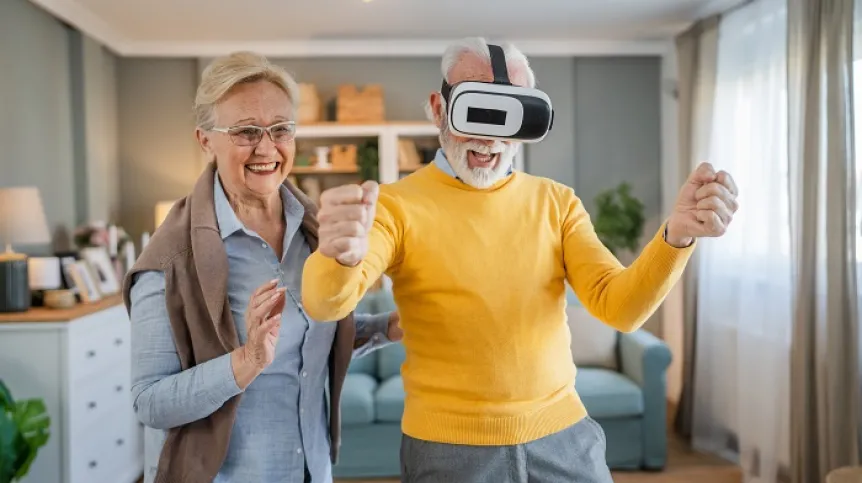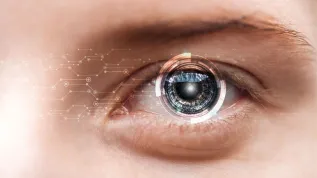
Virtual reality applications can be helpful in the therapy and rehabilitation of people who have suffered a stroke. Scientists from the Faculty of Mechatronics of the Warsaw University of Technology have developed three solutions of this type intended for patients with various post-stroke complications.
According to the release on the Warsaw University of Technology website, one of the complications of stroke is the unilateral neglect syndrome. The syndrome involves the lack of awareness of the existence of an affected side of the body, the absence of reaction to any stimuli on this side, as well as upper limb paresis. In both cases, patients require rehabilitation, which is a very long and arduous process. It requires the full involvement of a physiotherapist, and patients quickly lose motivation.
To address this problem, a team from the Faculty of Mechatronics at the Warsaw University of Technology has created three applications which, through their use of virtual reality (VR), are intended to help in traditional rehabilitation or partially replace it.
'The games we developed enable the rehabilitation of people after a stroke. Two of them are intended primarily for patients with unilateral atrophy syndrome and paresis, and the third one is for people with hand paresis,’ says Katarzyna Matys-Popielska, the originator of the project.
A typical exercise for this condition involves looking for objects (for example, bottle tops) on a table, grabbing them and placing them in a basket held by physiotherapists on the opposite, inactive side of the body.
'We have recreated this task in the virtual world in one of our applications,’ says Krzysztof Popielski, who works on the project. 'The patient (wearing VR goggles - ed. PAP) moves the apple from the non-neglected side to the white box in the neglected area. Rehabilitation takes place without the active participation of a physiotherapist - after each properly performed movement, the apple reappears and the patient continues the exercise.’
Another application is intended for people with hand paresis. The game exercises their palpation skills. By performing specific hand gestures, identical to those in traditional rehabilitation, pieces are placed on a chessboard. The movement must be maintained for a certain period of time.
'Using virtual reality, we have created applications with repetitive exercises which have until now been provided by physiotherapists,’ says Dr. Anna Sibilska-Mroziewicz, the project manager. She adds that another advantage is the engaging, interesting exercise environment, which often results in longer rehabilitation time. 'In addition, sound elements, visible statistics, and animations increase the degree of patient involvement in the exercises.’
As part of the project, the scientists from the Warsaw University of Technology also check to what extent these applications can be used by people of different ages, and compare the effectiveness of therapy with the use of VR goggles and conventional therapy. So far, the game has been tested by 25 patients aged 45-85, treated at the ORPEA Międzylesie rehabilitation clinic in Warsaw. 'The patients were very pleased about the possibility of rehabilitation with the use of virtual reality. They emphasized that it provides great variety, and this encourages exercise. The fairy-tale surroundings and calming music were particularly appreciated,’ the scientists say. (PAP)
Katarzyna Czechowicz
kap/ agt/
tr. RL













